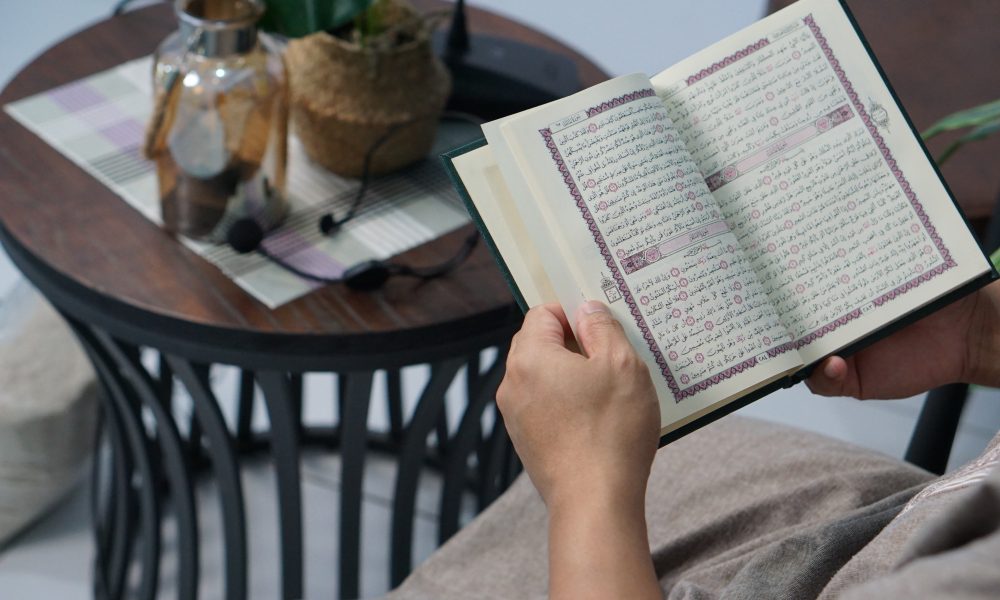The passing of a cherished one is among the most challenging experiences we face in life. It can be a time of intense grief and sadness, as we battle to return to terms with the loss of somebody we cared for deeply. One way we will honor the lifetime of the deceased is by writing a eulogy that celebrates their legacy and pays tribute to their memory. In this article, we will discover methods to write a eulogy that honors the lifetime of the deceased and brings comfort to those who are grieving.
Firstly, it’s necessary to understand the aim of a eulogy. A eulogy is a speech or written tribute that acknowledges the life and legacy of the person who has passed away. It is an opportunity to share memories and tales concerning the deceased, and to celebrate their achievements, personality, and impact on the world. The eulogy may provide comfort and support to those that are mourning, by offering a way of closure and a chance to say goodbye.
When writing a eulogy, it’s important to consider the audience. Who will be attending the funeral or memorial service? What was the relationship between the deceased and the attendees? Knowing your viewers will help you tailor your eulogy to their needs and preferences. For example, if the deceased was a religious individual, you may want to embody spiritual references or prayers in your eulogy.
One other essential aspect of writing a eulogy is gathering information about the deceased. Talk to members of the family, friends, and colleagues of the deceased to be taught more about their life, personality, and achievements. Consider the deceased’s passions, hobbies, and interests, as well as their professional accomplishments and community involvement. Use these particulars to paint a vivid picture of the deceased and produce their memory to life.
When it comes to the structure of a eulogy, there isn’t any one right way to do it. Some people prefer to start with an introduction that sets the tone for the eulogy and provides some context concerning the deceased. Others might select to dive straight into stories and reminiscences, or to construction the eulogy around specific themes or points of the deceased’s life. No matter approach you choose, you’ll want to include a conclusion that wraps up the eulogy and provides a sense of closure.
When it comes to tone, it’s essential to strike a balance between honoring the deceased and providing comfort to the audience. While it’s natural to feel sad and emotional when writing a eulogy, attempt to give attention to the positive facets of the deceased’s life and legacy. Share tales and reminiscences that highlight their humor, kindness, generosity, or different admirable qualities. Consider incorporating quotes or readings that provide comfort and hope to the viewers, equivalent to poems or spiritual texts.
When delivering a eulogy, it’s essential to observe and prepare in advance. Rehearse your speech in front of a mirror or with a trusted friend, and time yourself to make sure that the eulogy is an appropriate length. Consider bringing a replica of the eulogy with you to the funeral or memorial service, in case that you must seek advice from it throughout the speech. Finally, remember to speak clearly and confidently, and to take your time to permit the viewers to soak up your words and mirror on the lifetime of the deceased.
In conclusion, writing a eulogy that celebrates the life of the deceased is a powerful way to honor their memory and produce comfort to those that are grieving. By gathering information about the deceased, tailoring the eulogy to the audience, and striking a balance between honoring the deceased and providing comfort to the viewers, you’ll be able to create a eulogy that actually captures the essence of the individual you could have lost.



